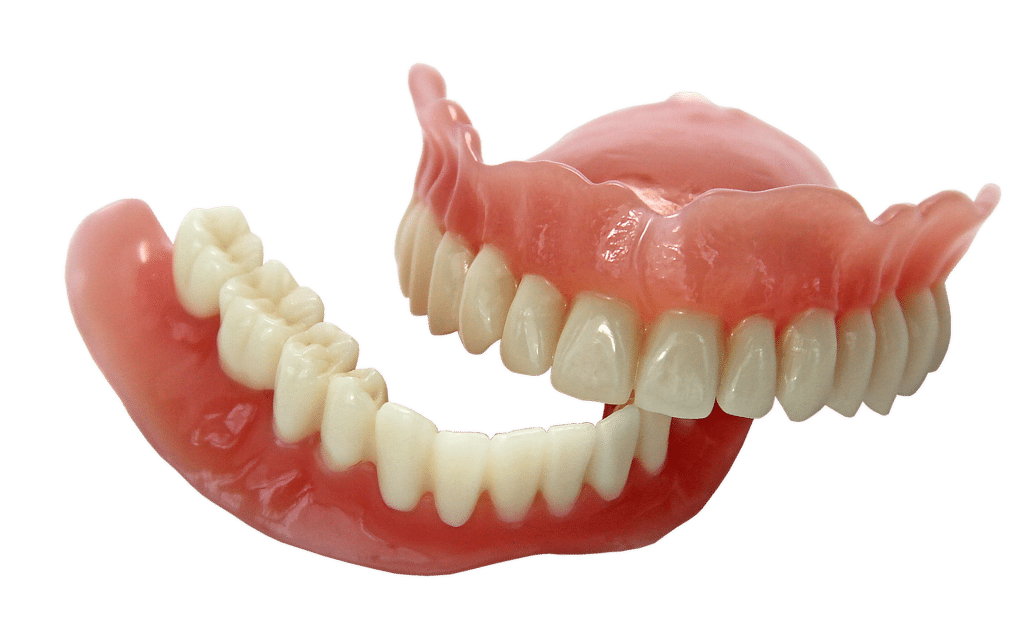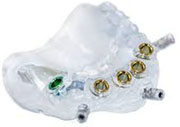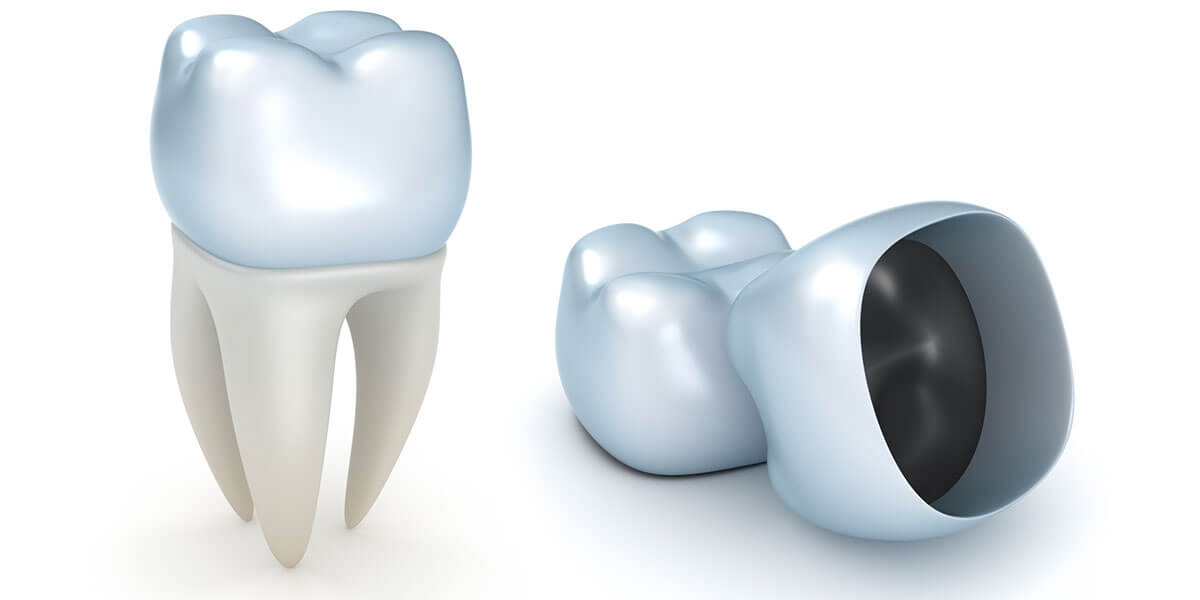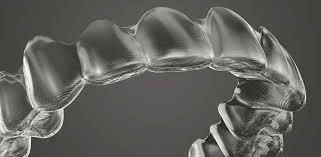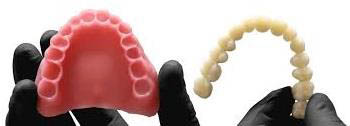With the dental laboratory industry continuing to incorporate CAD/CAM automated manufacturing, the FDA is making changes to some regulatory requirements for CAD/CAM restorations and most likely more requirement changes to come.
The FDA’s Product Classifications modifications are giving us light on CAD/CAM requirements. Here are examples of these Product Codes, some changes and how they affect the dental lab’s regulatory compliant status:
- 3D Printed Dentures – Additively Manufactured, Preformed Resin Denture Tooth

- Dental Implant Surgical Guides – Accessories, Implant, Dental, Endosseous
This product classification includes Surgical Guides for dental implants and this modification will definitely have an impact on printed or milled surgical guides. The FDA added a “Note” to the Product Classification of the Product Code NDP stating that a dental laboratory or a surgical guide service provider must “register their establishment” and operate under a Quality Management System. This modification occurred without “written guidance” for the industry to prepare for the change. This is the FDA evolving as we evolve into CAD/CAM device manufactures.
In communications with an FDA’s Consumer Safety Officer of the Imports and Registration and Listing Team members of the Division of Establishment Support, specifically directed us that the manufacturer of a CAD/CAM Class 1 surgical guide would be regulated as a medical device manufacturer and required to comply with the FDA requirements including having to register their establishment, list their product, and would need to follow the Quality System (QS) Regulation under CFR 820.
- Ti Blank & Ti Base Abutments – Dental Implant Custom Abutment, Implant, Dental, Endosseous
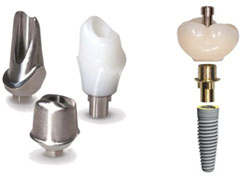 The product classification for dental implant abutments have direct modifications to the 510(k) requirements for the Ti Blanks and Ti Bases. Both of these implant abutments, Product Code NHA, fall into the same FDA requirements for the 510(k) Holders/Manufacturers of implant abutments. These 510(k)s have a unique statement added to their IFUs. The manufactures of the implant supported restoration, dental laboratory or milling centers must be a “Validated Milling Center”. When we asked the FDA to explain their requirements for these Validated Milling Centers, they provided the following information:
The product classification for dental implant abutments have direct modifications to the 510(k) requirements for the Ti Blanks and Ti Bases. Both of these implant abutments, Product Code NHA, fall into the same FDA requirements for the 510(k) Holders/Manufacturers of implant abutments. These 510(k)s have a unique statement added to their IFUs. The manufactures of the implant supported restoration, dental laboratory or milling centers must be a “Validated Milling Center”. When we asked the FDA to explain their requirements for these Validated Milling Centers, they provided the following information:
“Like a contract manufacturer of any Class II medical device, a validated milling center is responsible for registration/listing of the facility and devices produced as well as implementation of manufacturing procedures in line with Quality System Regulations”.


